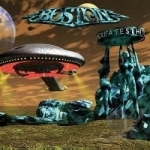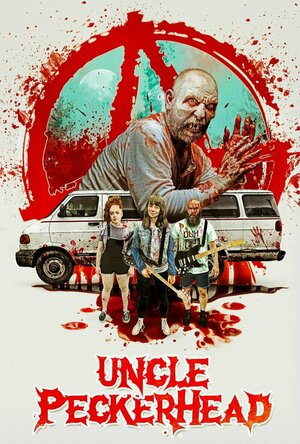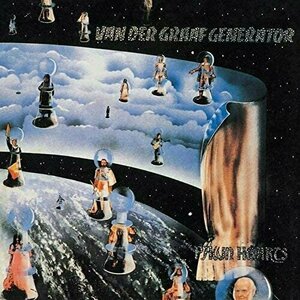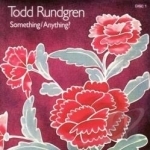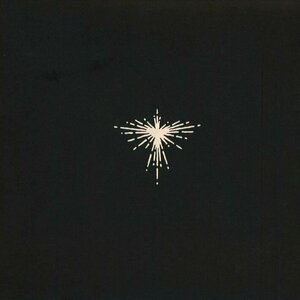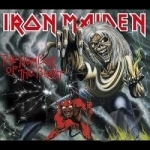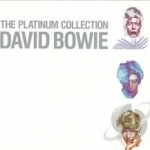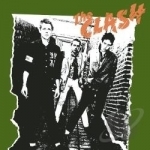Search
Search results
Adam Carolla recommended track Peace of Mind by Boston in Greatest Hits by Boston in Music (curated)
LeftSideCut (3776 KP) rated Uncle Peckerhead (2020) in Movies
Oct 11, 2020
Uncle Peckerhead is a silly name for a silly movie, but dammit, it's a movie that knows how to have a good time.
There's really not too much to grumble about with this punk rock splatter flick. For starters, it has a mostly likable cast, the highlight being David Littleton as the titular Peckerhead (Peck for short). Even though he's a flesh eating demon, he still comes across as a good dude who just wants to look after this young punk band he's taken on as travel companions. The interactions between him and Max (Jeff Riddle) are pretty hilarious. In fact, the film got a few good laughs out of me during it's runtime.
As a musician, I also appreciated the fairly accurate portrayal of what it's like playing live music at ground level. Audience's who don't care, sparsely populated venues, and the occasional promoter who turns out to be a douche (not my place to say if they deserve to get eaten or not...)
The gore in this film hits hard as well. It's fairly infrequent, but when it does come, it's pretty absurd and all achieved using some decent practical work.
I also enjoyed the soundtrack for the most part, and have been introduced to a great punk band called School Drugs through this film as well - another positive!
Uncle Peckerhead is a movie that doesn't take itself seriously, it's entertaining, gory, funny, and just a complete blast. Seek it out!
There's really not too much to grumble about with this punk rock splatter flick. For starters, it has a mostly likable cast, the highlight being David Littleton as the titular Peckerhead (Peck for short). Even though he's a flesh eating demon, he still comes across as a good dude who just wants to look after this young punk band he's taken on as travel companions. The interactions between him and Max (Jeff Riddle) are pretty hilarious. In fact, the film got a few good laughs out of me during it's runtime.
As a musician, I also appreciated the fairly accurate portrayal of what it's like playing live music at ground level. Audience's who don't care, sparsely populated venues, and the occasional promoter who turns out to be a douche (not my place to say if they deserve to get eaten or not...)
The gore in this film hits hard as well. It's fairly infrequent, but when it does come, it's pretty absurd and all achieved using some decent practical work.
I also enjoyed the soundtrack for the most part, and have been introduced to a great punk band called School Drugs through this film as well - another positive!
Uncle Peckerhead is a movie that doesn't take itself seriously, it's entertaining, gory, funny, and just a complete blast. Seek it out!
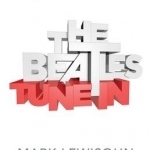
The Beatles - All These Years: Volume one
Book
The Beatles have been at the top for fifty years, their music remains exciting, their influence is...
Stephen Morris recommended Pawn Hearts by Van Der Graaf Generator in Music (curated)
Justin Hawkins recommended Something/Anything? by Todd Rundgren in Music (curated)
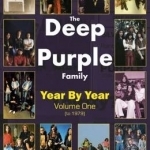
The Deep Purple Family: Year by Year (- 1979): Vol 1
Book
Renowned rock author Martin Popoff's exhaustive and detailed timeline of Deep Purple milestones -...
